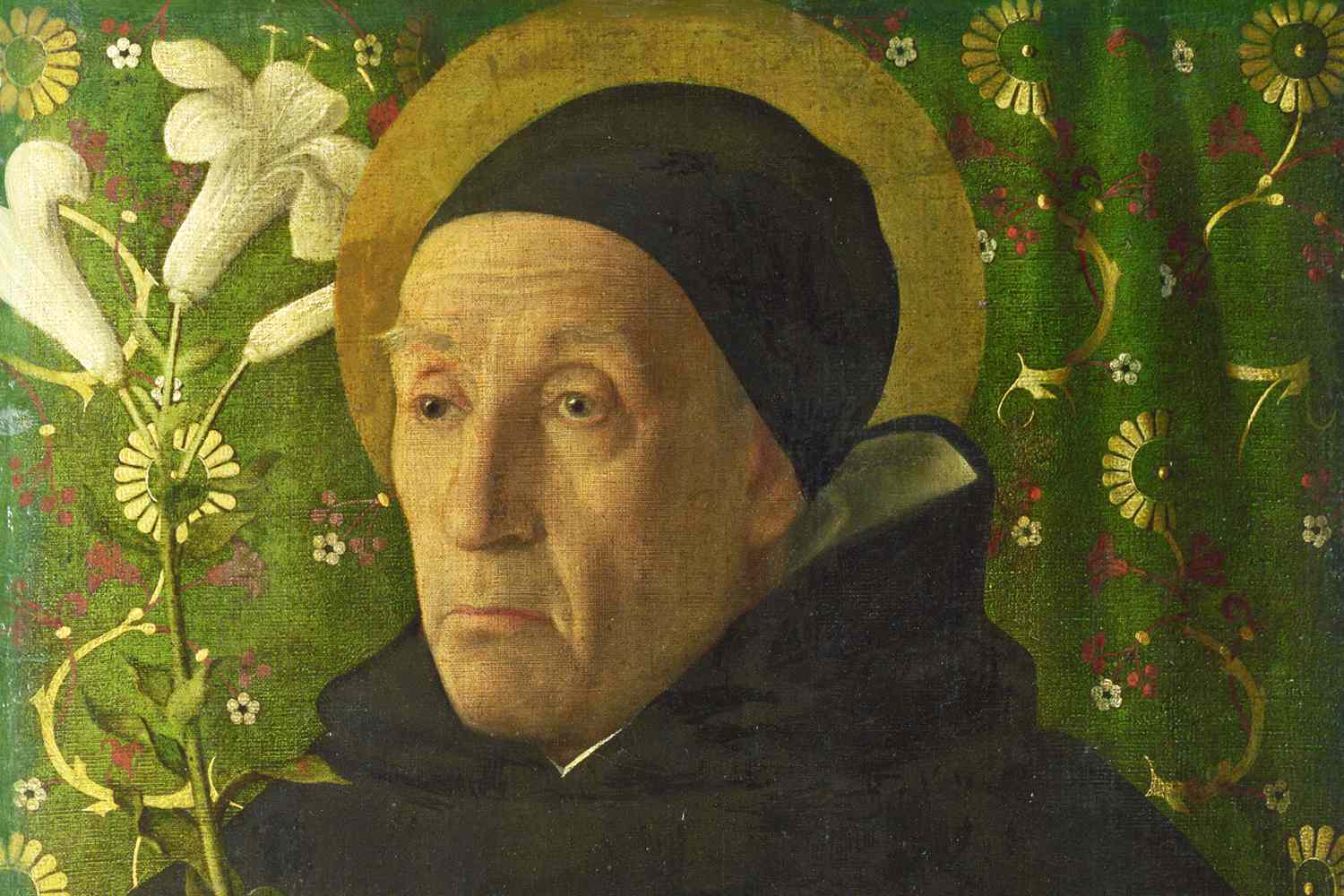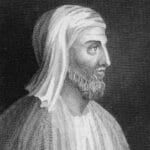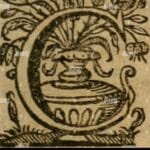Step into the contemplative world of Meister Eckhart, a 13th-century Dominican friar and mystic whose profound teachings continue to resonate with spiritual seekers today. This exploration delves into Eckhart’s core concepts—his understanding of God, the human soul, and the path to spiritual awakening—and examines their historical context, influence, and enduring relevance in the modern world. Eckhart’s radical non-duality bridged the gap between God and humanity, emphasizing the inherent divinity within each individual.
The Essence of Eckhart’s Mysticism
Meister Eckhart (c. 1260-c. 1328), born near Gotha, Thuringia, offered a radical reimagining of the relationship between humanity and the divine. His philosophy, rooted in Neoplatonism and influenced by the burgeoning mystical fervor of his era, challenged the conventional religious doctrines of his time. He proposed a path of inner transformation, emphasizing direct experience of God over institutional authority and external rituals. This emphasis on individual experience, distinct from the more sacramental and hierarchical approach common in the medieval Church, hinted at the “spiritual autonomy” that many spiritual seekers embrace today.
The Ground of Being: Eckhart’s Concept of God
Eckhart’s understanding of God transcends the anthropomorphic depictions prevalent in his time. He described God not as a personal deity residing in the heavens, but as pure “beingness,” the very ground of all existence. This “Ground of Being,” as Eckhart termed it, isn’t merely the creator of the universe, but the underlying source and ultimate destination of all things. His concept likely resonated with individuals yearning for a more profound, less dualistic understanding of the divine, suggesting a dynamic interplay between the created and the Creator. This resonates with some contemporary interpretations of quantum physics which explore interconnectedness on a fundamental level.
The Divine Spark Within: The Human Soul
Central to Eckhart’s philosophy is the concept of the “divine spark” residing within each human soul. This inherent divinity, he suggested, provides a direct link to God, a potential for union that transcends external practices and relies on inner transformation. Eckhart’s emphasis on the “birth of God in the soul” may strike some as pantheistic, blurring the lines between Creator and creation. However, ongoing scholarly debate continues to examine the nuances of Eckhart’s language, considering the possibility that his intent was to highlight the potential for humans to realize their inherent connection to the divine, rather than claiming absolute identity with God.
The Threefold Path to Union: Detachment, Release, and Dehiscence
Eckhart outlined a transformative journey involving three key stages: detachment (from worldly possessions and desires), release (of the ego and its limitations), and dehiscence (a “splitting open” or receptivity to the divine). This process culminates in Gelassenheit, a state of surrender, releasement, and profound acceptance of the present moment. Eckhart’s concept of “living without a why”—transcending the ego’s need for purpose and control—presents a challenging yet liberating approach to spiritual life, and may resonate with readers interested in practices like mindfulness and non-attachment.
Eckhart’s Legacy and Ongoing Relevance
Eckhart’s teachings, though radical for his time, influenced generations of mystics and spiritual thinkers. His emphasis on direct experience of God, inner transformation, and the divine spark within continues to resonate with those seeking a deeper connection with the spiritual dimension. His ideas may be particularly relevant in the modern world, where many are exploring alternative spiritual paths that emphasize personal experience and inner peace over institutional dogma. Exploring his work further, perhaps by reading the Phineas Gage Book or the Mistakes of Chincoteague Book, can offer valuable context for understanding the human search for meaning.
The Controversy Surrounding Eckhart’s Teachings
Eckhart’s emphasis on direct, personal experience of God, bypassing the Church’s mediating role, likely raised concerns within the Church hierarchy. Coupled with his concept of union with God, his teachings suggested a potential challenge to established doctrines and the Church’s authority. The image of “the birth of God in the soul,” though evocative, could be interpreted as minimizing the distinction between Creator and creation, furthering the perception of heresy. In 1326, these concerns culminated in formal accusations of heresy against Eckhart by the Archbishop of Cologne.
The Trial and Condemnation
The charges against Eckhart focused on 28 extracts from his sermons and writings. These excerpts, potentially taken out of context, likely exacerbated concerns about his orthodoxy. While scholarly debate continues regarding the exact propositions and the motivations behind their condemnation, the papal bull In agro dominico (1329), issued by Pope John XXII, declared several of Eckhart’s propositions as heretical, erroneous, or suspicious. The trial, spanning several years and even involving papal intervention, illustrates the perceived threat Eckhart’s teachings posed to the established religious order of his time. Eckhart died before the final verdict, but the condemnation cast a long shadow over his legacy.
Eckhart and Pantheism: A Complex Relationship
The question of whether Meister Eckhart was a pantheist remains a subject of ongoing debate. His concept of God as pure “beingness,” the source from which all things emanate, might suggest pantheistic leanings. However, it is important to note that Eckhart’s understanding of union with God was not a merging or dissolution of the individual into an impersonal divine, but rather an awakening to the soul’s inherent divine nature while retaining its individuality. The ongoing scholarly discussion highlights the difficulty of categorizing Eckhart’s complex and nuanced theology within simple labels. It invites readers to engage directly with his works and formulate their own interpretations, recognizing that our understanding of historical figures like Eckhart is continually evolving through ongoing research and critical analysis.
- SYBAU See You Baby Meaning: Gen Z Slang Evolves - July 1, 2025
- Unlock Your Inner Youth: Lifestyle Secrets for a Vibrant Life - July 1, 2025
- Decode SYBAU Meaning: Gen Z Slang Explained - July 1, 2025






